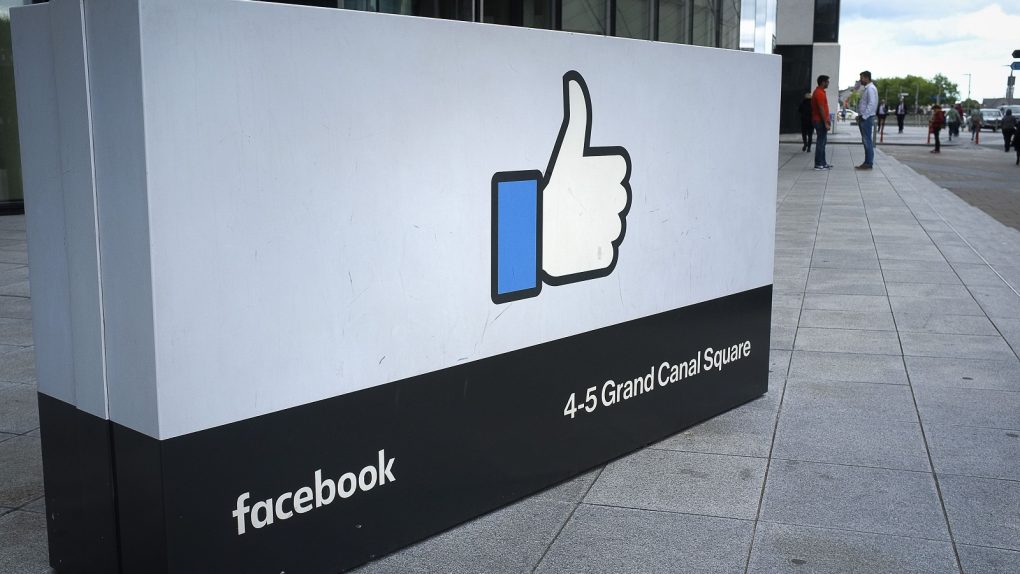Facebook used a VPN app for years to spy on the users that the same app should have been protecting against online threats. Facebook learned details about how devices running the Onavo VPN app were used, as well as what apps and features were popular with consumers. After recent reports unearthed the true purpose of Onavo, Facebook reverted to a different ruse, paying customers including teenagers a monthly fee for access to their activities on smartphones. Facebook says the research program wasn’t secret but, at the same time, it did everything it could to hide its involvement until the very last minute. The Research app circumvented Apple’s App Store rules, which prompted Apple to remove Facebook’s certificate and wreak havoc at Facebook’s headquarters for more than a day. After all that, Facebook is ready to kill the Onavo VPN app on Android, which is the only place you could get it.
Onavo is seen as detrimental for the WhatsApp acquisition. Facebook paid $19 billion for the chat app after discovering that people used WhatsApp more than its Messenger app. Furthermore, TechCrunch explains that Facebook’s spyware usage helped it discover potential competitors and move against them. The clearest example is Snapchat, whose core features Facebook copied and adapted for all its apps.
A Facebook spokesperson confirmed to the blog that Onavo VPN will be taken offline:
Market research helps companies build better products for people. We are shifting our focus to reward-based market research which means we’re going to end the Onavo program.
The Onavo app will cease pulling data from users but will continue to operate as a VPN app until the app is removed, giving users time to find a suitable replacement. That should be great news for Onavo users, whether they know about the app’s spying features or not. But Facebook is likely only doing it because it has been discovered and can’t afford the backlash.
This doesn’t mean that Facebook will stop creating tools to monitor what’s happening on phones to use that data to improve its own products, but, hopefully, those programs will be more transparent to everyone, and prevent targeting any teenagers.








